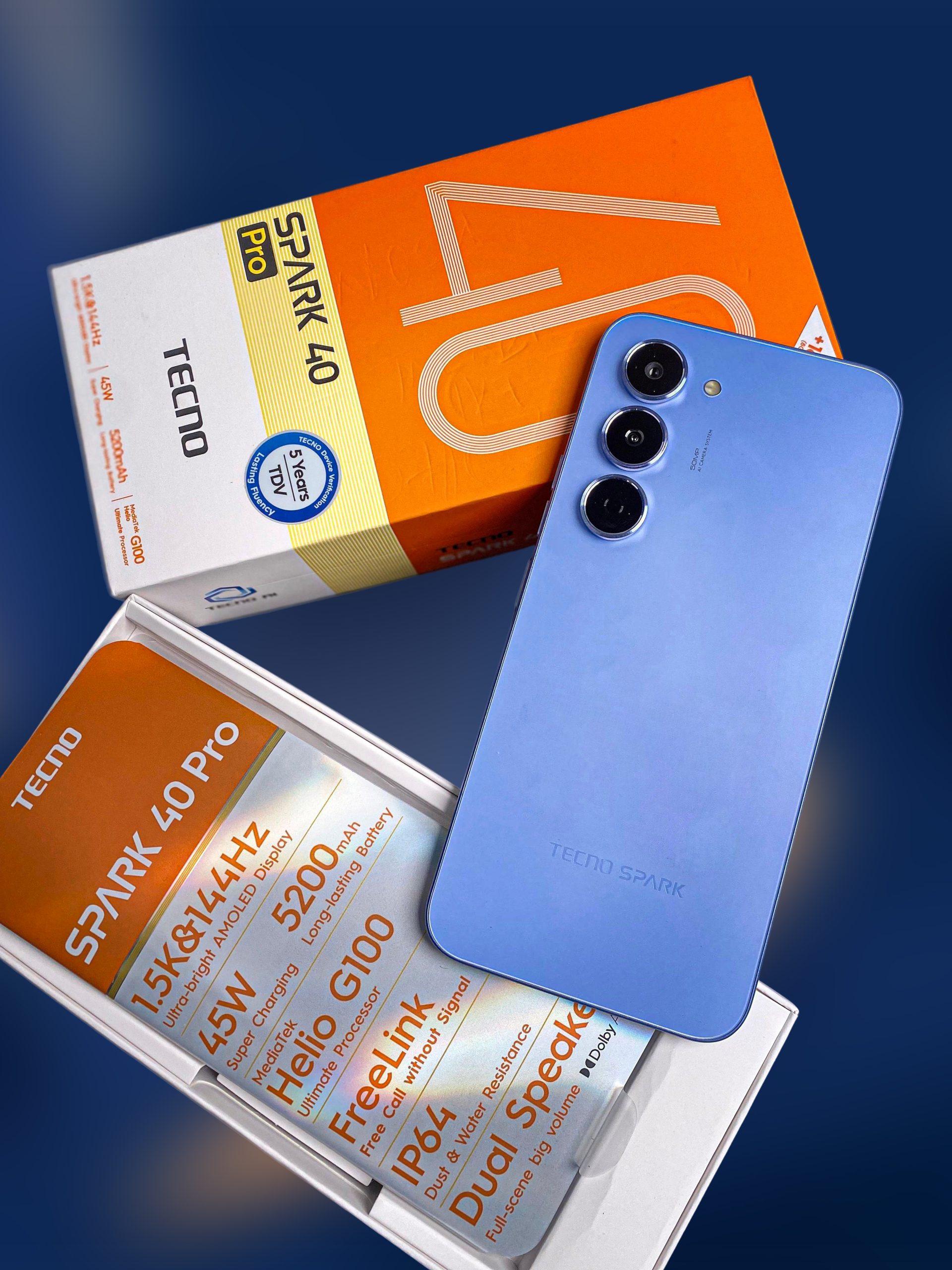
President Bola Ahmed Tinubu should, without delay, toe the path of the Indian government, which recently imposed restrictions on the importation of laptops, tablets, all-in-one personal computers and ultra-small computers as well as servers with immediate effect.
This is the view of some experts within the sector.
This is in the spirit of product nationalism whereby countries deliberately promote patronage of homemade products and services to boost local productivity, create more jobs, encourage proficiency, and discourage capital flight.
In addition, this will help build faith in Nigeria, which is Tinubu’s sermon.
Statistics from the International Trade Centre showed that $1.09 billion was spent on software acquisition and importation of computer services into Nigeria in five years from 2016 to 2020.
The breakdown showed that software and computer services worth $123.89m were imported in 2016, the figure jumped to $216.57 million in 2017, $257.55 million in 2018 and dipped to $159.28 million in 2019, before rocketing to $336.43 million in 2020.
Indeed, some Nigerian technocrats and ICT professionals have recommended the Indian policy for the Nigerian government, arguing that a ban on the importation of computers and allied hardware is what is needed to give a boost to the indigenous companies producing the same products in-country, some of which are struggling.
A Fellow of Nigeria Computer Society (NCS) and former President of the Institute of Software Practitioners of Nigeria (ISPON), Chris Uwaje, said Tinubu should adopt the India policy as well as make it mandatory that all foreign computer manufacturers set up local production facilities in Nigeria in partnership with indigenous computer companies.
To further encourage such partnership, he recommended that such new manufacturers should be given pioneer status incentives of a minimum of five to seven years.
Another ICT expert, Dotun Ali-Balogun, urged the president to mandate that all government ICT operations are run on the technical strength of locally assembled computers.
His thought was corroborated by two other digital geeks, Messrs Michael Ikeogwu and Ayodele Ogundele, who posited that now is the best time for the Federal Government to adopt the Buy-Nigeria policy in ICT as a way of discouraging capital flight and encouraging local productivity.
The new India policy is exactly what the Tinubu government should do, Ali-Balogun stressed.
“The Federal Government should adopt a policy that bans importation of computer hardware especially those that are already being assembled in Nigeria. This will not only help boost local production, but it will also encourage efficiency in local production, create jobs, direct and indirect, through the entire value chain, including marketers, support services and logistics,” he added.
Nigeria has a couple of indigenous computer hardware assembling companies, with some of them having technically-proven products in terms of standards.
Available data lists local computer and allied product makers to include RLG, Beta, Data House Technologies, Zinox, Acti-Tech Limited, among others.
While it can be argued that most of them are struggling and may lack the capacity to meet local demand, the same cannot be said of Zinox, which has since its rollout in 2001 as Nigeria’s first truly globally-certified computer brand gone ahead to execute mega ICT projects.






